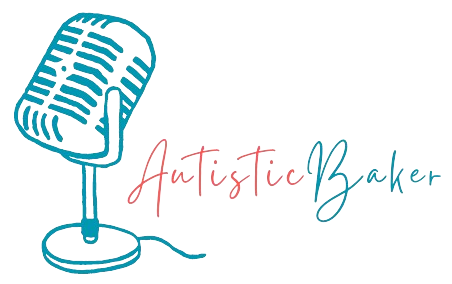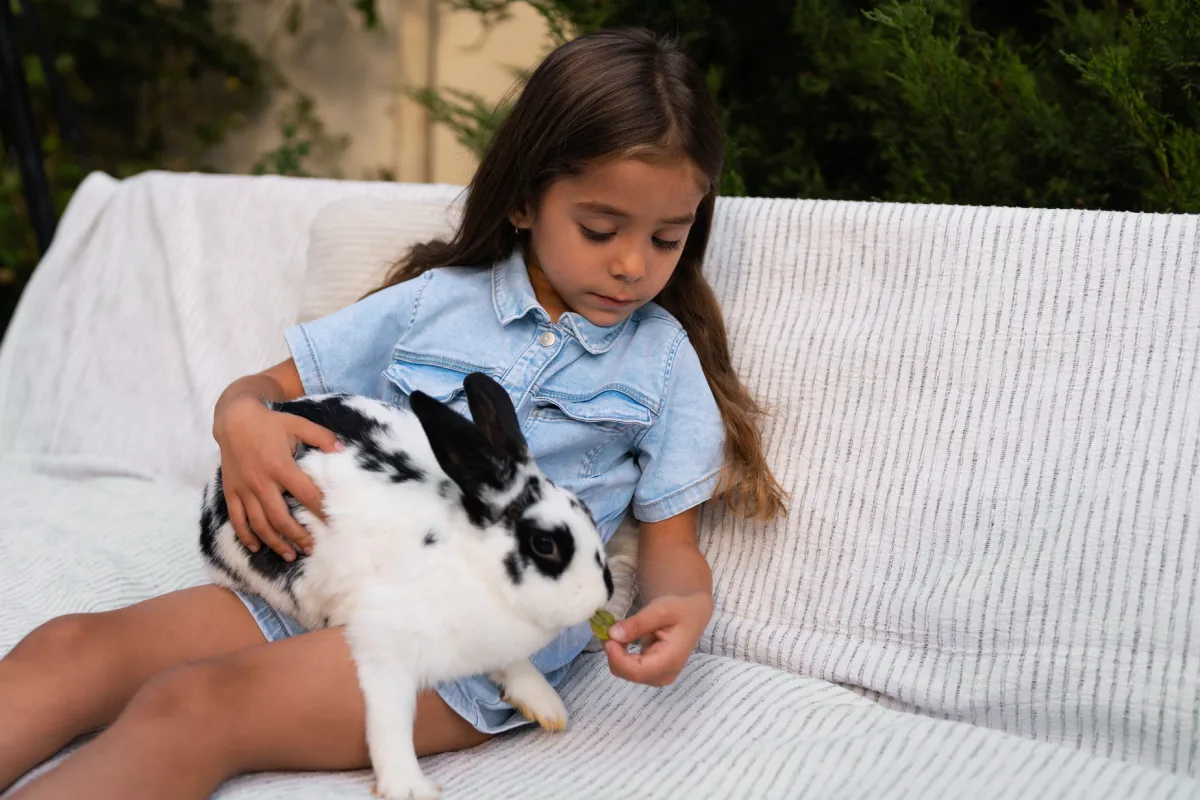Are you a rabbit owner? They are adorable, cute, and gentle creatures. It is a unique journey to become a pet owner of a rabbit; rabbits are different from cats and dogs and require special care and attention. If you have brought one home, it is important to care for them with nutritious food, a suitable environment, and medicines, but for that, you must know the age of your rabbit; it will help you make the right diet for him and create an appropriate environment for your bunny. This article will help you determine the right age for your bunny, so keep reading.
Also Read : Can Rabbits Eat Cucumbers? Safe Feeding Guide & Portion Size
Why It’s Important to Know Your Bunny’s Age?
Knowing your pet’s age helps you take better care of them; for rabbits, knowing their age will be important to customize their diets, decide their activity level, and create an appropriate environment.
- Proper feeding: Baby rabbits and adult rabbits require different diets
- Vaccination schedules: it helps in following the vaccination schedule
- Socialization and bonding: rabbits behave differently as per their age
- Monitoring health and growth: you can monitor their health better and ensure their optimum growth
Baby Rabbit Age Guide – Week by Week
In this section, we are mentioning the baby rabbit age guide, which will help you to estimate their age based on physical and behavioral signs:
0–1 Week Old
- Eyes closed, ears folded flat
- Pinkish skin with very little fur
- Completely dependent on mother’s milk
- Tiny and fragile (fits in the palm of your hand)
1–2 Weeks Ol
- Eyes open, ears begin to lift
- Fur growing quickly
- Begins to move around but still unsteady
- Can regulate body temperature slightly better
2–3 Weeks Old
- Very curious and active
- Can hop short distances
- May start nibbling on hay or pellets
- Fully furred and more alert
3–4 Weeks Old
- Starts exploring and playing more confidently
- Eats solid food but may still nurse occasionally
- Tail and ears more proportionate
- Can be weaned by 4 weeks if needed
5–6 Weeks Old
- Independent and eating hay, pellets, and water
- Can be adopted (though 8 weeks is preferred)
- Teeth are fully developed
- Looks like a miniature adult rabbit
2–3 Months Old
- Bigger size, energetic and fast
- Starting to lose baby fur
- More independent and social
- Males may show early signs of marking territory
Other Signs to Estimate Age
Apart from the points mentioned above, here are some important signs to help you estimate your bunny’s age:
|
Sign |
Likely Age |
|
Eyes unopened, furless |
<10 days |
|
Hopping/climbing |
2-3 weeks |
|
Full fur, playful, eating solid food |
4+ weeks |
|
Sexual maturity begins |
3-6 months |
Still Unsure, What To Do Next?
It is completely fine to be clueless when it comes to judging your bunny’s age by looking at signs, as mentioned in this article. Every animal is unique, and we are not professionals. Sometimes, it becomes challenging to estimate a rabbit’s age. You can consult a vet. A rabbit-savvy veterinarian will provide you with an age-appropriate care plan for your bunny, especially for orphaned ones, increasing their chances of survival.
Frequently Asked Questions (FAQs)
How Can I Tell How Old a Baby Rabbit Is?
You can check signs like fur growth, eye-opening, eating habits, and more to check your bunny’s age. We have mentioned detailed guidelines in this article, which will help you estimate your rabbit’s age.
At What Age Do Baby Bunnies Open Their Eyes?
Generally, baby bunnies open their eyes between 10 to 12 days.
When Can Baby Rabbits Eat Solid Food?
They start eating foods like hay and pellets at 2-3 weeks and indulge in solid foods around 6 to 8 weeks.
What Age Is Safe to Adopt a Rabbit?
Adopting a rabbit after 8 weeks is advised when they are independent and mature.
Can A Vet Help Determine My Bunny’s Age?
Yes, vets are professionals. They can determine your bunny’s age by checking its fur, teeth, and other physical development signs.
Conclusion
Rabbis are amazing creatures; they are agile, cute, and fun-loving, which makes them a perfect pet. However, taking responsibility for animals involves many tasks, such as looking for their nutrient requirements, creating an ideal environment, providing the right medical supply, and more. To complete all these tasks and build a strong bond with your bunny, it is important to know their age; in this article, we shared a detailed guideline to estimate your bunny’s age; we hope that you like reading this post and find it informative, if so, then do share this post with others as well.


